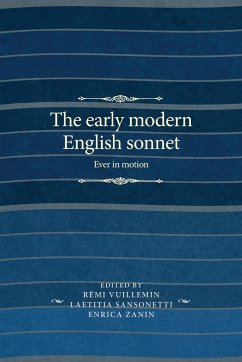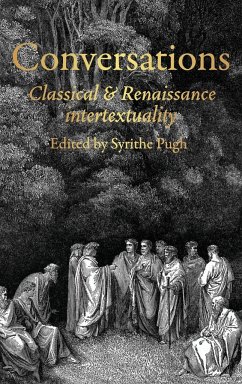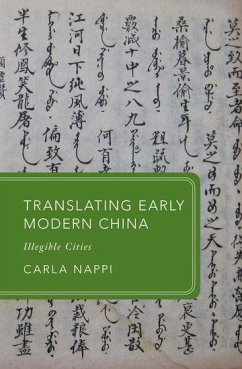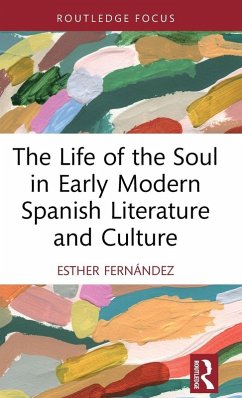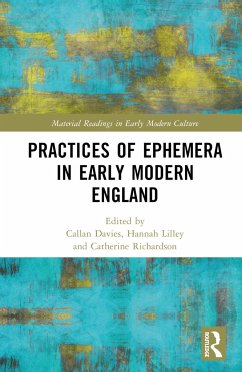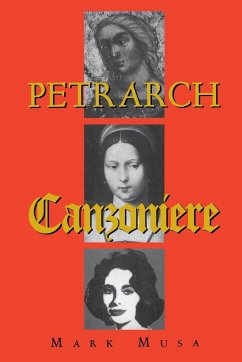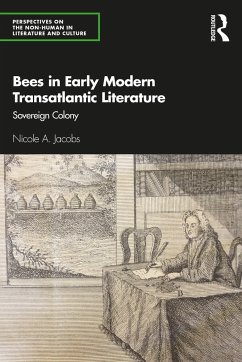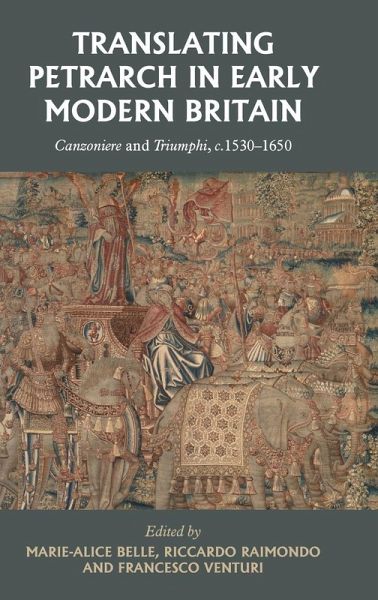
Translating Petrarch in early modern Britain
Canzoniere and Triumphi, c. 1530-1650
Herausgeber: Belle, Marie-Alice; Venturi, Francesco; Raimondo, Riccardo

PAYBACK Punkte
62 °P sammeln!
This collection of essays explores the translation of Petrarchâ s vernacular verse (Canzoniere and Triumphi) in early modern Britain, from the first Tudor translations to its many literary transformations and cultural re-appropriations in the Elizabethan and Stuart periods. -- .




